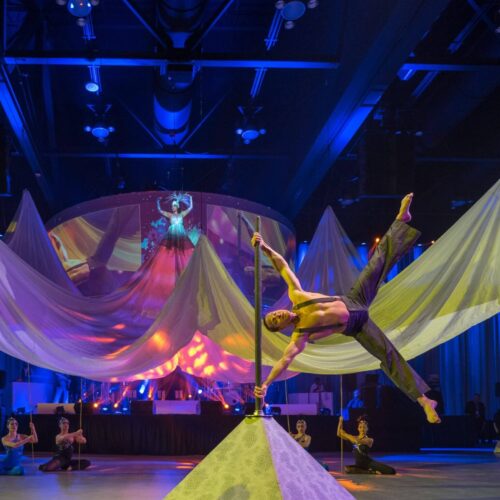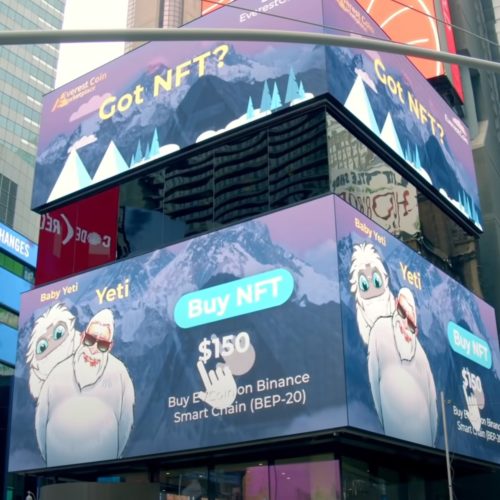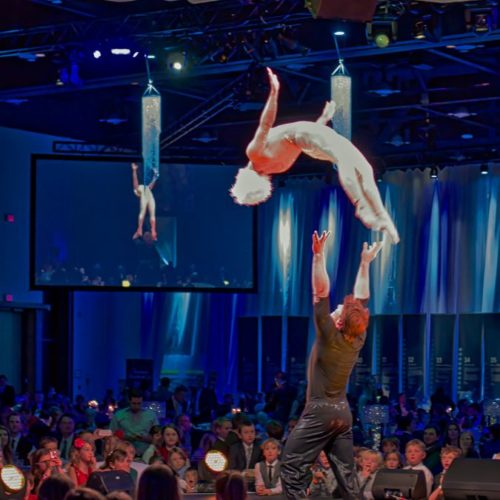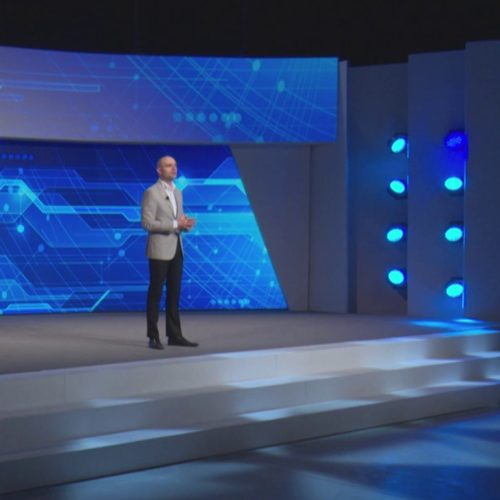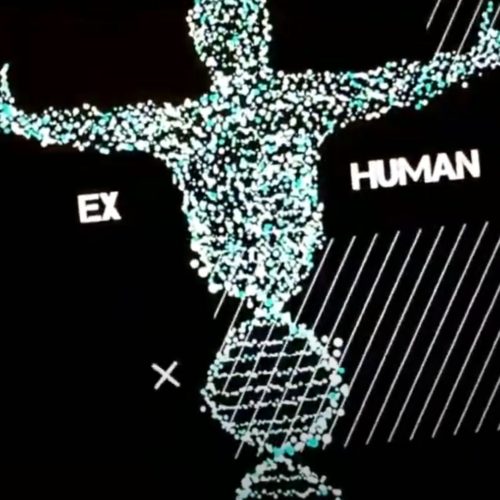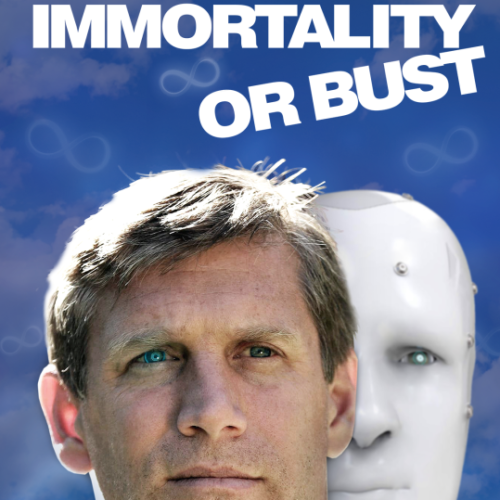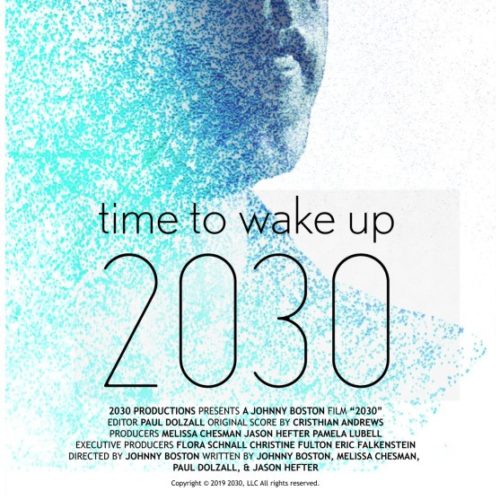The World is Transformed by Asking Questions
Socrates / Op Ed
Posted on: March 20, 2023 / Last Modified: May 27, 2024
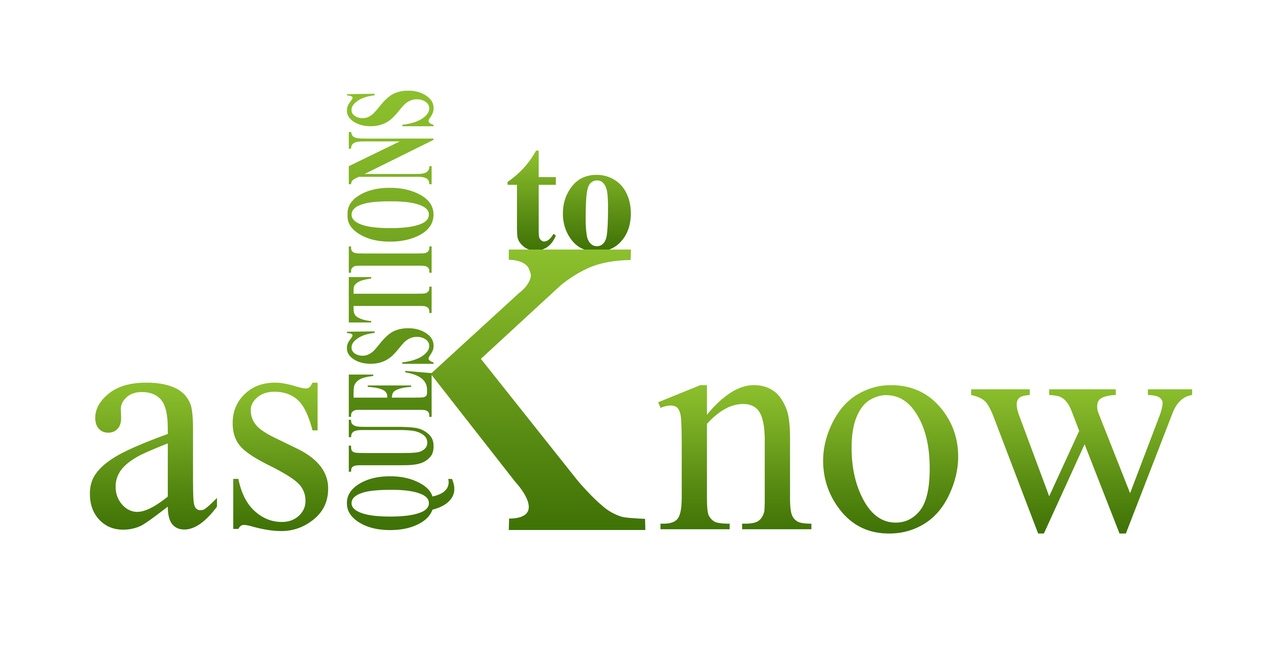 The world is transformed by asking questions, not by providing answers.
The world is transformed by asking questions, not by providing answers.
Politics, religion, and philosophy have promised us the answers for millennia. However, the value of these answers is always contextual and temporary.
No answer will last forever. [Though some questions might.] For as long as we can think, we would have questions. The moment we stop having questions is when we stop being human and become stupid robots. I say stupid because contemporary computers can provide answers but cannot ask intelligent questions. It is our ability to ask profound questions that defines our humanity. [As a side note, the ability to ask thoughtful questions is a good Turing Test for a ‘thinking’ machine.]”
It is far easier to provide answers than to ask questions because it takes more intelligence to ask a good question than to give an OK answer. And so, if intelligence is asking questions that others did not think of, then, genius is perhaps asking questions that others could not even think of. [For example, Albert Einstein’s general theory of relativity overthrew 2 centuries of Newtonian physics by asking if space-time is curved and whether it is possible to observe and prove such an outlandish idea.]
There are no eternal truths or answers. There are only relative truths valid within a certain [space-time] context. Each new answer reached, is only the starting point for asking much better questions. And so, all progress is based on the never-ending process of asking better and better questions, based on relatively better but never perfect answers. [For if we ever reach perfection, there would be no more progress.] Therefore the value is in the process of asking the questions and not so much in the answers we find, because each good answer is only a stepping stone on the road of asking deeper and better questions. [It really is about the journey and not about the destination.]
The principle of progress, the engine of our civilization, can be summarized as follows:
“Find a good question to ask. Develop your best guesses into falsifiable hypotheses. Test these hypotheses through experiment and observation. Reject those that fail and build on those that pass by asking better questions. Repeat the process and follow the evidence wherever it leads. Above all, question everything.”
A civilization that has embraced this scientific method of ever-more-sophisticated questioning will never stop evolving and transforming into something better. It will never stop making ongoing progress because progress is perpetuated by asking questions, not by sticking to answers.
Reject the scientific method, and deliberate progress becomes all but impossible.
Now, having no permanent answer is not comfortable. We hate to be uncertain. Being uncertain takes humility. It takes courage. It takes acknowledging that we don’t know.
Most of us are uncomfortable not knowing.
Wouldn’t it be easy, though perhaps boring, if we knew the answers to all the important questions?
Who am I? Is there a God? What is the purpose of life? How do I live the good life? What is justice? What is the answer to life, the universe, and everything?
Knowing is much more comfortable (and easier) than not knowing. That’s why most people try hard to avoid asking questions and instead convince themselves they have the answers.
Yet, as Voltaire wisely noted, “Doubt is not a pleasant condition, but certainty is absurd.”

It is absurd to accept things on faith without questioning, doubting, or testing them.
It is absurd to believe you can achieve anything noteworthy simply by accepting other people’s answers without personal contribution, struggle, discomfort, or risk.
It is absurd to think we can learn everything by listening to our parents and elders or by mindlessly reciting someone’s holy book.
Religion, politics, and philosophy often provide convenient and easy escapes from discomfort. They are the fast food equivalent in our quest for grand answers and spiritual fulfillment—we may get short-term relief but suffer long-term damage to our ability to think and ask questions. This explains my type of atheism more than anything else.
Nietzsche once said:
“I do not by any means know atheism as a result; even less as an event: it is a matter of course with me, from instinct. I am too inquisitive, too questionable, too exuberant to stand for any gross answer. God is a gross answer, an indelicacy against us thinkers — at bottom merely a gross prohibition for us: you shall not think!”
Not knowing, like other forms of discomfort, is a powerful incentive for personal growth. Progress always comes at the point of resistance. Embracing discomfort, uncertainty, and the willingness to err and fail is the best and only way to learn, grow, and move forward.
Why? Because as Richard Branson has demonstrated time and again: “There is always a better way! The fact that something has been done the same way for years is a sign of laziness or neglect.”
So, not knowing is always the first step on the way to knowing—a destination that we [should] never fully reach.
“I know that I don’t know. But you don’t know that you don’t know, which is why you think you know.” Socrates used to say.
This path, walked by the ancient Greek sage and his companions, eventually triggered a revolution in culture, science, religion, and philosophy that continues to this day.
Each technology, tool, and social and economic system is an answer in its own right, valid within a specific context.
Capitalism is an answer. Christianity is an answer. Libertarianism and Marxism are answers. But these are answers to questions asked by thinkers long dead, within the contexts they lived in. As contexts evolve, so do the questions and, inevitably, the answers. A small world means small-minded questions. A bigger world means bigger questions. As our world grows, so does the number of questions we can ask.
No truth is sacred or eternal. This is the process of evolution—no pinnacle is ever attained; each new development is just a snapshot, a point in time.

It is a journey of perpetual transformation where the cosmos itself asks questions and provides answers only to ask new questions. It is a path that only has a beginning—like the martial arts concept of ‘DO’ (the way)—with no end in sight.
Lack of intellectual stability and certainty is uncomfortable, but it is the very nature of progress. Change is always painful in one way or another. But look around us. As the ever-prescient Mark Twain noted, it is not the things we are uncertain of, but the things we are darn sure of that usually get us in trouble. Thus, not change but stagnation and refusal to change lead to failure.
So let us not be so damned sure. In anything. Instead, let us focus on asking questions, not on attaching ourselves to any particular answers, no matter how compelling they may be. Let us commit to asking questions because that is the path to the future. Committing to answers, any answers, is committing to the past.
Authority and stagnation always hide behind answers. But revolutions are made by rejecting authority and asking radically new questions. Eventually, successful revolutionaries become established authorities in their own right and get attached to their answers rather than the consequent questions. And new rebels must fill the lines and ask new questions in order to change the world. And so, all progress is based on the fact that our curiosity is an endless black hole never filled. That we don’t get stuck with an answer but, on each occasion, continue to ask new and better questions.
And so, as long as we are more committed to asking questions than sticking to any particular answers, the world will continue to progress and be transformed for the better.
Let us embrace a culture where we teach our kids the value of asking questions rather than force-feeding them answers. Then, to the extent that they accept some of our answers, it will not be because of our authority but because they have understood the process of getting there and that these answers are merely a stop along the journey. This kind of wisdom is what will take them beyond the horizon.
The future is not someplace we are going, but something we are creating. It is not a destination but a journey. Each point is a single rest-stop along the way. Though each point can and often does change the world, ultimately, transformation is a process, as is progress.
The world is transformed by asking questions. Let curiosity be our never-ending guiding light.

Author’s note: This essay is my submission to Visions for a World Transformed: 99 Ideas for Making the World a Better Place – Starting Right Now. Please note that it is a work in progress and so far I am not happy with my submission. Still, I believe it is fair to make it public so that, by gathering your input, I can hopefully improve it.


